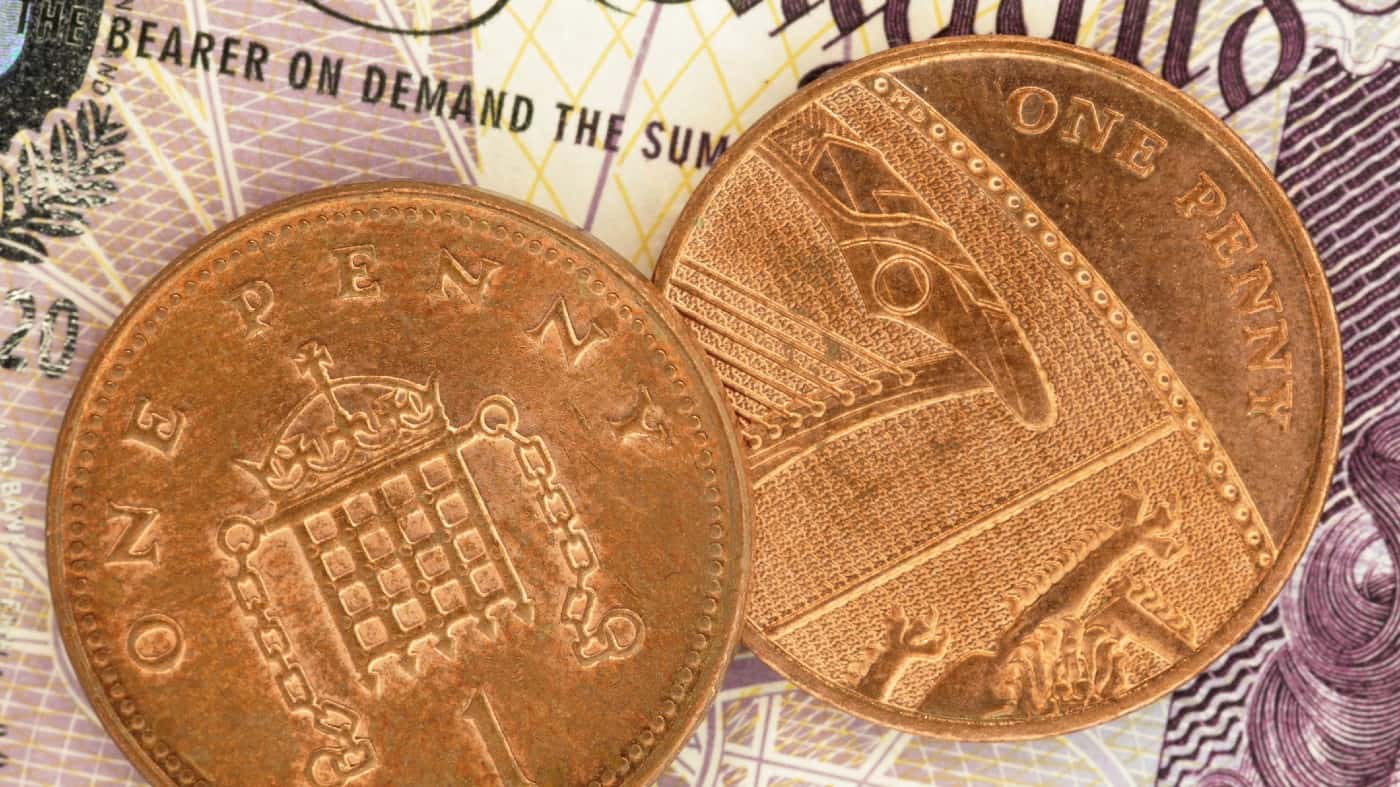Unlock the Editor’s Digest for free
Roula Khalaf, Editor of the FT, selects her favourite stories in this weekly newsletter.
Saudi Aramco plans to boost its dividend payments further this year despite reporting a 14 per cent fall in quarterly profits, which missed analysts’ expectations.
Aramco said on Monday it expected to declare total dividends of $124.3bn this year, a rise of almost 30 per cent compared with last year, when it also increased payments by 30 per cent to $97.8bn after reporting the second highest annual profits in its history.
The payout from the world’s largest oil producer remains the most important source of revenue for the Saudi state, which owns 82 per cent of the company, especially as the kingdom struggles with a budget deficit amid subdued oil prices. The IMF has previously said that Riyadh will need an average oil price close to $100 a barrel to balance its budget amid its spending, a level not seen so far this year.
The state, which controls a further 16 per cent of Aramco through the PIF — the country’s sovereign wealth fund — wants to use the proceeds from oil to fund megaprojects including new cities, the world’s tallest skyscraper and a vast building shaped like a cube in downtown Riyadh.
In January, Saudi Arabia halted a plan to expand the kingdom’s daily oil production capacity from 12mn barrels a day to 13mn b/d, which was expected to cost Aramco about $40bn between 2024 and 2028. The kingdom has also led efforts by Opec+ producers to make cuts to crude oil production in order to prop up the oil price globally.
The increase in Aramco’s dividend payment comes as the world’s biggest oil producer reported falling earnings in the first quarter, which missed analyst forecasts.
Net income at the state-owned group stood at $27.3bn, down from $31.9bn a year ago. Analysts had expected net income of $27.6bn, according to figures compiled by the company.
Aramco said that while the price of oil was higher in the period compared with the previous year, lower volumes of crude oil sales and weakening refining and chemicals margins led to the decline in net income.
Still, Aramco believes that oil demand will remain robust going forward, despite global efforts to transition away from fossil fuels. Amin Nasser, the company’s chief executive, said in March at an industrial gathering that the world should “abandon the fantasy of phasing out oil and gas”.
He added that forecasts by the International Energy Agency that oil demand would peak by 2030 were not realistic due to surging demand from developing countries.
Aramco shares are down about 10 per cent since the start of the year on the Saudi stock exchange.
Credit: Source link














